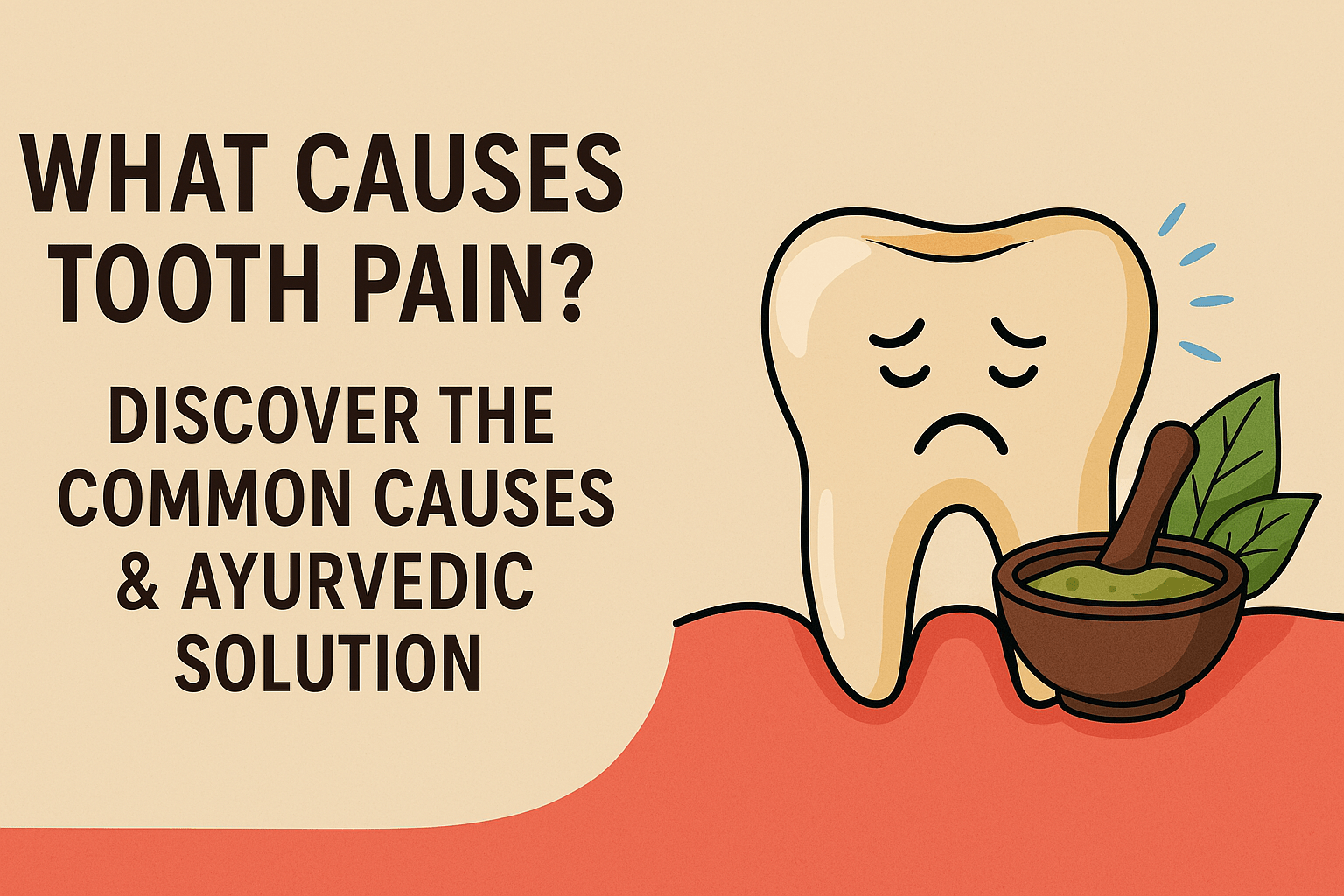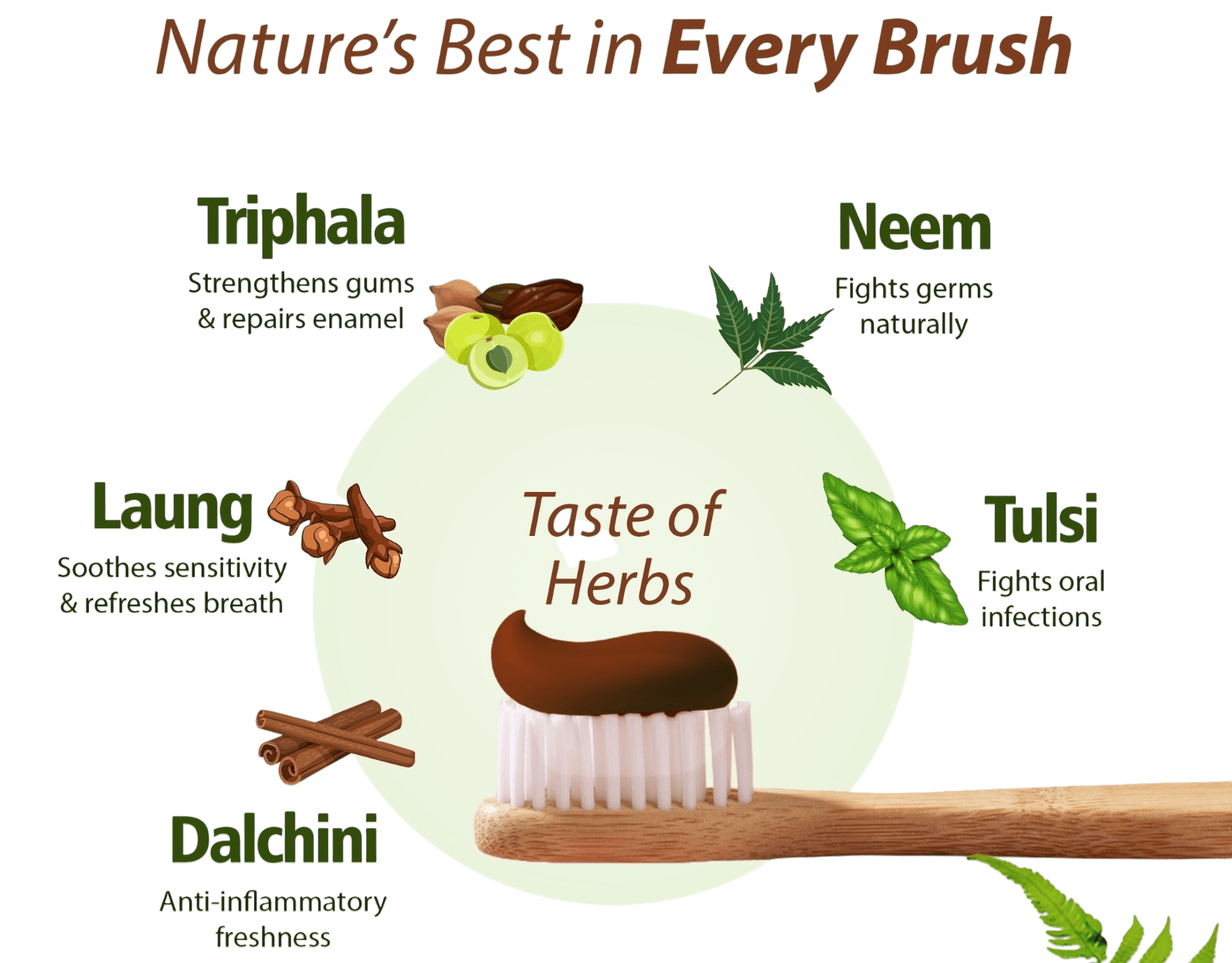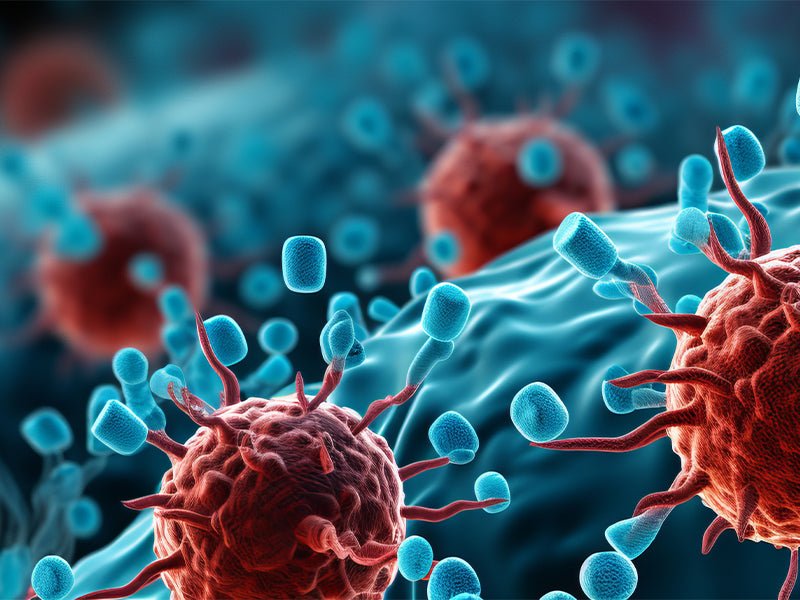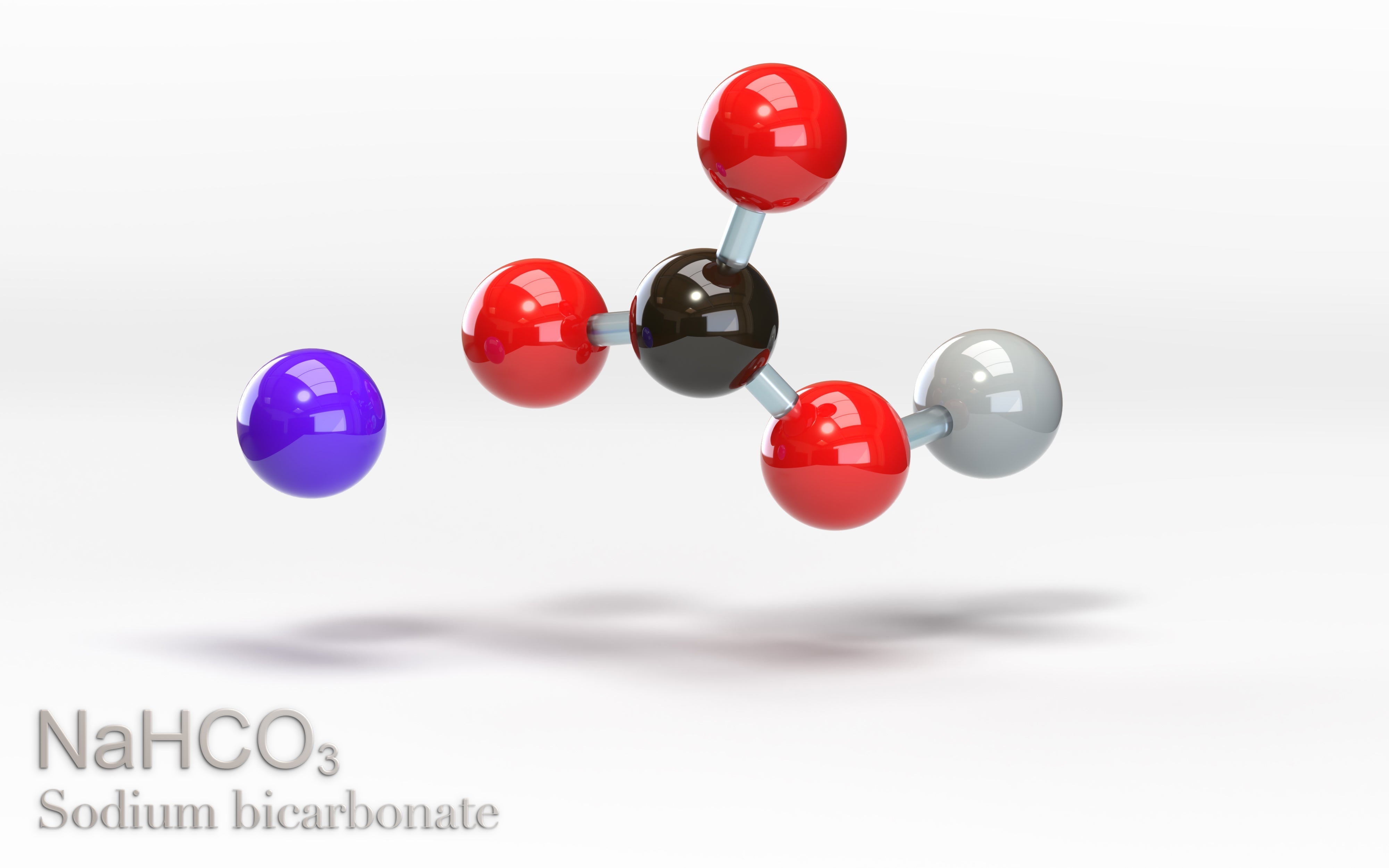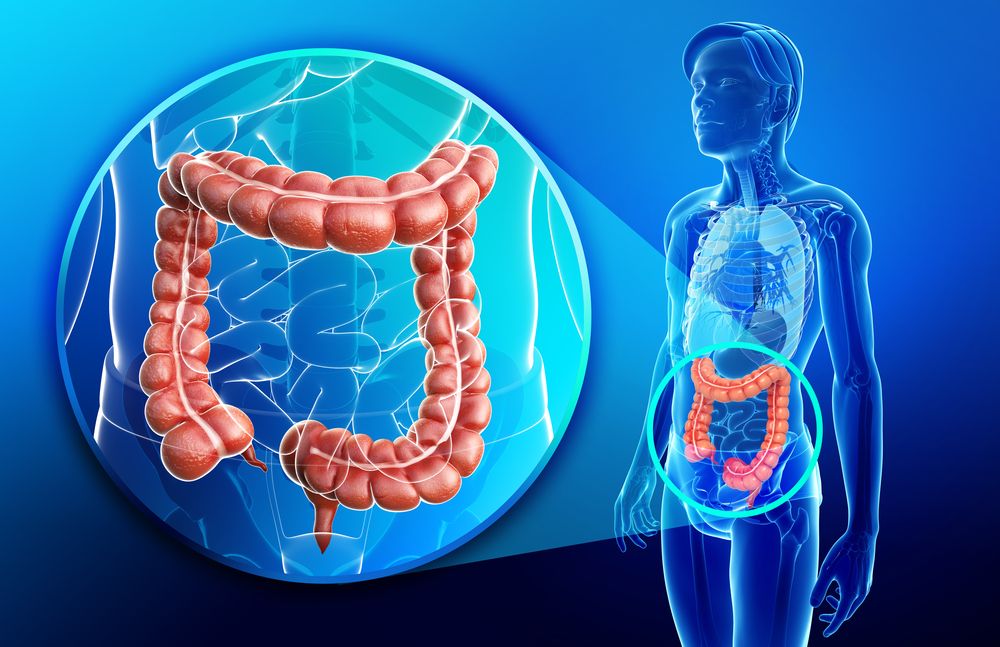Tooth pain is one of the most uncomfortable and distracting issues a person can face. It doesn’t just affect your ability to eat and speak comfortably; it also impacts your overall well-being. But why do we get toothaches? What are the underlying reasons for toothache, and more importantly, how can you prevent them using natural, chemical-free solutions?
If you’ve ever Googled "Why does teeth pain?" or "Why are my teeth aching?" — you're certainly not alone. In this blog, we’ll explore what causes tooth pain, the most common mouth pain reason, introduce a powerful natural solution that addresses the root of the issue and how switching to a herbal toothpaste like Dr. Aayu Green Triphala Toothpaste can support long-term oral health without harsh chemicals.
1. Why Do My Teeth Hurt? Uncovering the Real Tooth Pain Causes
If you've ever asked yourself, "Why my teeth are paining?" or "What is the reason for teeth pain?" — the answer could stem from several factors. Toothaches can vary in intensity and duration, and the cause may be as simple as food stuck between your teeth or as complex as a dental abscess.
Let’s break down the most common tooth pain causes and help you understand why do we get toothaches:
· Cavities and Tooth Decay

Perhaps the most well-known cause, cavities occur when bacteria break down your enamel, leading to holes in the teeth. These areas become highly sensitive and may lead to severe discomfort if not treated promptly.
· Gum Disease (Gingivitis and Periodontitis)

Swollen, bleeding gums? These are tell-tale signs of gum infections, which not only cause mouth pain but can also lead to tooth loss if untreated. Inflammation can radiate pain through the mouth, making you wonder, "Why is my teeth paining?"
· Enamel Erosion and Sensitivity

Enamel is your tooth's protective barrier. When it's worn down from acidic foods, harsh brushing, or chemical toothpaste, the dentin is exposed. This results in sensitivity to temperature, sweets, or even brushing.
· Bruxism (Teeth Grinding)

Grinding your teeth, especially during sleep, exerts unnatural pressure on your teeth and jaw. This can cause chronic pain and even lead to tooth fractures.
· Cracked or Fractured Teeth

Even minor cracks in your teeth can lead to severe sensitivity and pain, especially while chewing. Sometimes these cracks aren’t visible to the naked eye but cause persistent aching.
· Dental Abscess
A pus-filled infection inside the tooth or gums can be extremely painful and often requires immediate medical attention. Symptoms include throbbing pain, swelling, and fever.
· Sinus Infections
Many people are surprised to learn that toothaches can sometimes stem from sinus infections. The upper back teeth are close to the sinuses, and pressure from an infection can radiate as tooth pain.
2. The Role of Toothpaste in Preventing Tooth Pain
You may be brushing twice a day, flossing regularly, and still wonder, "Why are my teeth aching?" The culprit could be hiding in your toothpaste.
Most commercial toothpaste brands contain chemicals like:
· Sodium Lauryl Sulfate (SLS) – a foaming agent known to cause irritation
· Fluoride – linked with dental fluorosis and sensitivity in some individuals
· Artificial sweeteners and flavors – not only unnecessary but potentially allergenic
· Calcium Carbonate – overly abrasive and can erode enamel
· Parabens – synthetic preservatives that may disrupt hormone balance
These ingredients may worsen the very issues you’re trying to solve. If your toothpaste stings or leaves your mouth dry or sensitive, it’s time to consider a chemical-free toothpaste with Ayurvedic toothpaste ingredients.
3. Ayurvedic and Herbal Toothpaste: A Natural Approach to Oral Health
Nature has always held the answers to many of our health problems, and oral health is no exception. Using a herbal toothpaste packed with Ayurvedic ingredients can significantly reduce the likelihood of developing tooth pain, sensitivity, and gum disease.
Benefits of Natural and Ayurvedic Toothpastes:
· No Harsh Chemicals: Free from SLS, fluoride, parabens, and artificial ingredients
· Healing Ingredients: Neem, clove, triphala, and tulsi have anti-bacterial, anti-inflammatory, and healing properties
· Gum Protection: Great for those looking for a toothpaste for bleeding gums
· Safe for All Ages: Since they use time-tested natural ingredients, they’re safe even for children
4. Featured Natural Solution: The Power of Dr. Aayu Green Triphala Toothpaste

When it comes to choosing a reliable herbal toothpaste India trusts, Dr. Aayu Green Triphala Toothpaste by Tick My Health stands out for all the right reasons.
Unlike commercial brands that simply mask symptoms, this Ayurvedic marvel works at the root level to strengthen enamel, soothe gums, and prevent decay — all without using harmful chemicals.
What Makes It Unique:

A. Potent Herbal Formula
Enriched with Triphala (Haritaki, Bibhitaki, Amalaki) — a revered Ayurvedic blend known for its antioxidant and healing properties. It’s also infused with:
· Clove (Laung): A natural analgesic to reduce pain
· Neem & Tulsi: Anti-bacterial agents that fight plaque and gingivitis
· Dalchini (Cinnamon): Helps reduce inflammation and freshens breath
B. Coconut-Based Surfactant
Gentler than SLS, it cleans your mouth without stripping it of natural oils or causing sensitivity.
C. Wooden Herbal Scrub Particles
These fine, biodegradable particles help polish your teeth naturally without being abrasive.
D. No Harmful Additives
Free from sugar, artificial sweeteners, fluoride, SLS, parabens, synthetic colors or flavors, and abrasive calcium carbonate, this formula is crafted for safe and gentle oral care.
E. Eco-Friendly & Safe
Safe for kids, adults, and the environment — this SLS-free toothpaste is a holistic solution to oral health issues.
F. How to Use this Fluoride-Free Toothpaste:
1. Squeeze a pea-sized amount on your toothbrush
2. Brush gently for 2-3 minutes
3. Rinse thoroughly
4. Use twice daily for best results
5. Lifestyle Tips to Prevent Tooth Pain
Even with the best natural toothpaste, adopting a few oral care habits can further reduce the risk of toothaches:
· Avoid very cold or very hot foods
· Brush gently in circular motions
· Floss at least once daily
· Stay hydrated to prevent dry mouth
· Limit sugary foods and acidic drinks
· Visit your dentist regularly
Conclusion: Protect Your Smile & Say Goodbye to Toothaches Naturally
If you’ve been asking, "Why teeth pain so often?" or "Why is my teeth paining again despite brushing?" — it may be time to look deeper into your oral care routine. Switch to a chemical-free, herbal toothpaste like Dr. Aayu Green Triphala Toothpaste, and experience the power of Ayurveda in soothing and preventing common dental problems.
Don’t wait for the next toothache. Switch to Dr. Aayu Green Triphala Toothpaste today — your daily Ayurvedic oral care companion for a pain-free, confident, and naturally healthy smile.
Ready to get on an Ayurvedic path to long-term oral wellness? Shop Dr. Aayu Green Triphala Toothpaste Now and Explore More Herbal Products on https://tickmyhealth.com/.
FAQs
Q1: Why do we get tooth pain?
Tooth pain can result from cavities, gum infections, enamel erosion, or even sinus pressure. It's your body’s way of signaling that something is wrong with your dental health.
Q2: Why does my teeth hurt even though I brush regularly?
Harsh toothpaste ingredients like SLS or fluoride, poor brushing techniques, or enamel erosion can still cause pain despite regular brushing.
Q3: Are herbal toothpastes effective?
Yes, especially those with ingredients like neem, clove, and triphala. These herbs have proven anti-bacterial, anti-inflammatory, and pain-relieving properties.
Q4: What toothpaste is best for bleeding gums?
Choose a toothpaste for bleeding gums that is free from chemicals and contains healing herbs like neem, tulsi, and clove — like Dr. Aayu Green Triphala Toothpaste.
Q5: Is fluoride-free toothpaste safe?
Absolutely. In fact, many people prefer fluoride-free toothpaste to avoid the risk of fluorosis or sensitivity, especially if they already get enough fluoride from other sources.

